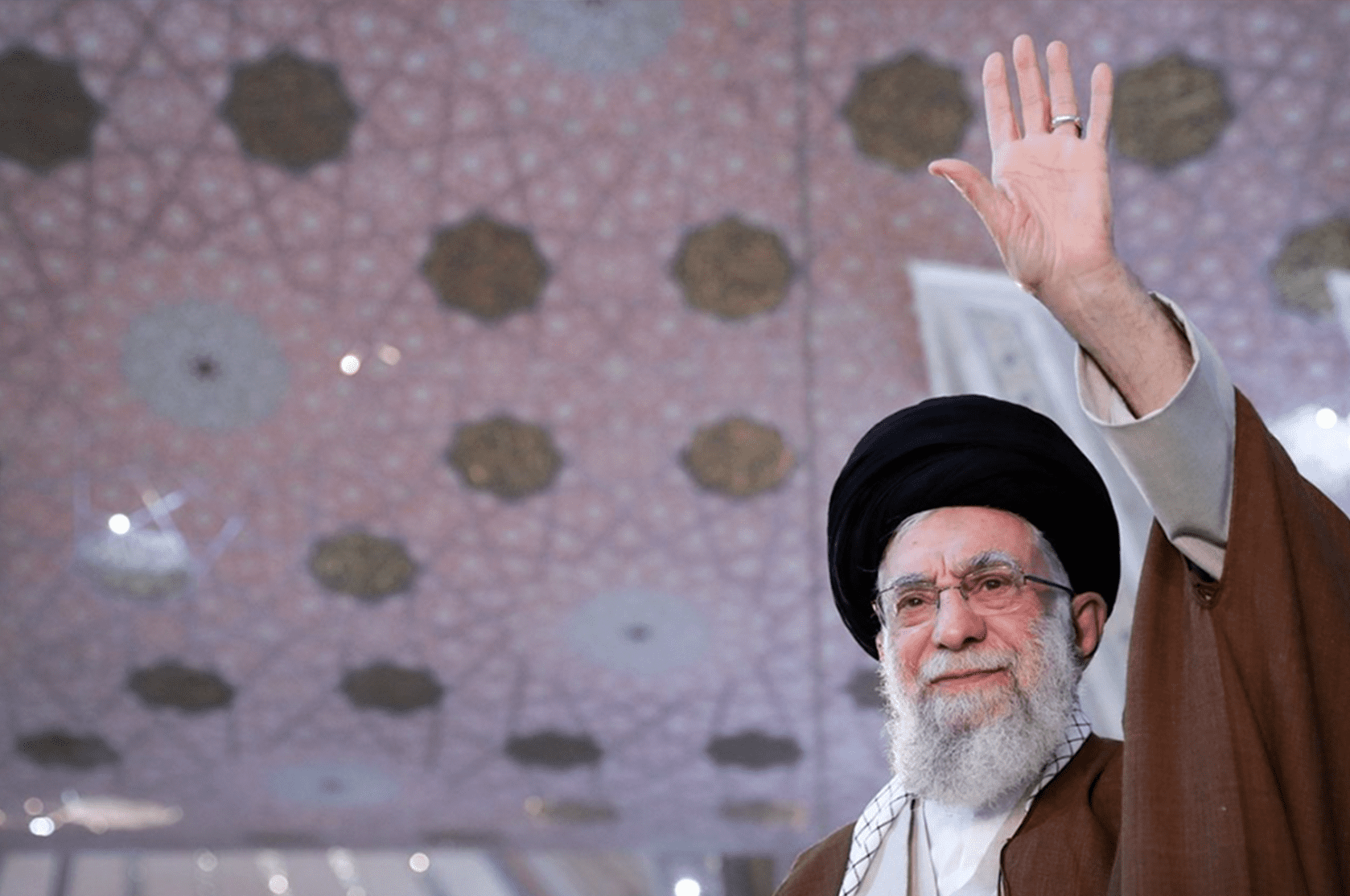Neglecting Gulf allies while trying to revive the nuclear deal is a recipe for regional instability.
This article was first published in The Wall Street Journal on June 6, 2023. Click Here to read the original article.
Iran is steadily eviscerating the political and economic constraints the U.S. has marshalled against it. Tehran’s unprecedented coordination with the Beijing-Moscow axis has converged with President Biden’s apparent disdain for key Middle East allies, his obsession with reviving the 2015 nuclear deal and his lax sanctions enforcement. We now face geostrategic realignment and instability in the region as well as more terrorism and nuclear proliferation around the world.
Absent visible American resolve against Tehran’s nuclear program, the odds are increasing that, as Benjamin Netanyahu has always reserved as a last resort, Israel will act on its own. The White House response—suggesting closer U.S.-Israeli military cooperation—induces the queasy feeling that Mr. Biden is simply trying to get inside Israel’s decision-making loop to prevent an attack on Iran, not to aid it.
The alternative to force remains overthrowing the ayatollahs. Since Mahsa Amini’s murder in September 2022, opposition protests and renewed economic discontent have risen to potentially regime-threatening levels. Mr. Biden’s administration, however, has supported the dissidents with little but rhetoric. At a minimum, Washington must focus on the internal instability likely to unfold in Iran when Supreme Leader Ayatollah Ali Khamenei, who is 84, dies. The moment could arrive unexpectedly, providing Iran’s citizens an opportunity to topple the regime and end its international barbarity.
During Mr. Biden’s term, America’s resistance to Iran’s proliferation and terrorism has become ineffective. The president couldn’t have more thoroughly alarmed and alienated the Gulf Arab states and Israel if he had planned it. The White House convinced regional allies that Mr. Biden was effectively abandoning them and empowering their enemies by ignoring concerns about the failed nuclear deal and the effect of ending sanctions. He also crusaded against hydrocarbon fuels—the heart of Gulf Arab economies—and denounced Saudi Arabia as a pariah for the murder of Jamal Khashoggi.
Continue reading on WSJ.com.
